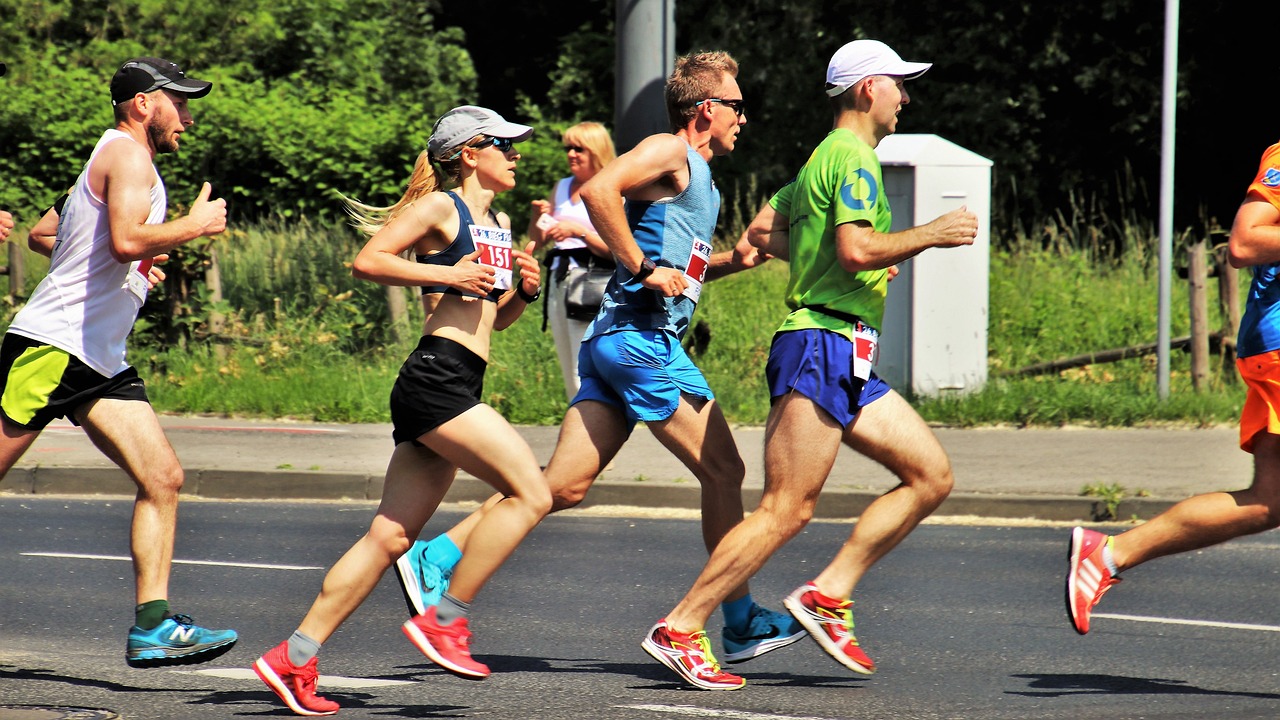
Introduction
In today’s fast-paced world, with hectic schedules and increasing work pressures, it’s easy to overlook the significance of physical health. However, maintaining good physical health is not just about looking fit; it is a crucial aspect of leading a fulfilling life. In this article, we will delve into why physical health is of paramount importance and explore various aspects that contribute to a healthy lifestyle.
1. Understanding the Significance of Physical Health
1.1 The Foundation of Overall Well-being
Physical health serves as the foundation of overall well-being. When we take care of our bodies, we are better equipped to face life’s challenges, both mentally and emotionally. Regular exercise, balanced nutrition, and sufficient rest are vital components that support our physical well-being.
1.2 Enhancing Mental Clarity and Focus
A healthy body leads to a healthy mind. Engaging in physical activities releases endorphins, which act as natural mood lifters, reducing stress and anxiety. This, in turn, enhances mental clarity and improves focus, ultimately leading to increased productivity in daily life.
2. The Key Aspects of Physical Health
2.1 Regular Exercise and Its Benefits
Regular exercise is a cornerstone of physical health. Whether it’s a brisk walk, jogging, swimming, or hitting the gym, physical activity helps maintain a healthy weight, strengthens muscles and bones, and reduces the risk of chronic diseases like diabetes and heart conditions.
2.2 The Role of Nutrition in Physical Health
A well-balanced diet is essential for overall health. Including a variety of fruits, vegetables, lean proteins, and whole grains ensures that our bodies receive the necessary nutrients to function optimally. Proper nutrition not only supports physical health but also aids in maintaining a healthy weight.
2.3 Importance of Rest and Sleep
In our busy lives, adequate rest and quality sleep often take a backseat. However, rest and sleep are vital for our bodies to recover and rejuvenate. Lack of sleep can lead to various health issues, including weakened immunity and impaired cognitive function.
2.4 Stress Management
Chronic stress can have detrimental effects on physical health. Incorporating stress-reduction techniques like meditation, yoga, or mindfulness practices can significantly improve overall well-being.
3. Best Examples of Physical Health Ideas
3.1 The Power of Regular Cardiovascular Workouts
Engaging in cardiovascular exercises, such as running, cycling, or dancing, not only improves heart health but also boosts endurance and stamina.
3.2 Embracing Strength Training
Incorporating strength training into our fitness routines helps build lean muscle mass, increase bone density, and improve metabolism.
3.3 Mindful Eating Habits
Practicing mindful eating involves being aware of the types and quantities of food we consume, fostering a healthy relationship with food.
3.4 Outdoor Activities for Holistic Health
Spending time in nature and engaging in outdoor activities not only provides physical benefits but also reduces stress and promotes emotional well-being.
Conclusion: A Journey Towards a Healthier Tomorrow
In conclusion, prioritizing physical health is essential for leading a fulfilling and happy life. By incorporating regular exercise, balanced nutrition, sufficient rest, and effective stress management into our daily routines, we pave the way for a healthier tomorrow. Let’s take proactive steps towards embracing physical health and unlock our full potential to live life to the fullest.
FAQ
Q1: How often should I exercise to maintain good physical health?
A: Aim for at least 150 minutes of moderate-intensity exercise or 75 minutes of vigorous-intensity exercise per week, spread across several days, to maintain good physical health.
Q2: Can a balanced diet alone ensure overall well-being?
A: While a balanced diet is crucial, maintaining good physical health also involves regular exercise, sufficient rest, and stress management practices.
Q3: What are some effective stress-reduction techniques?
A: Effective stress-reduction techniques include meditation, yoga, deep breathing exercises, and spending time in nature.
Q4: Is it necessary to consult a healthcare professional before starting a fitness regime?
A: Yes, it is advisable to consult a healthcare professional, especially if you have any pre-existing health conditions or concerns, before starting a new fitness regime.
Q5: How does physical health impact mental well-being?
A: Physical health and mental well-being are interconnected. Regular exercise and a balanced diet contribute to the release of endorphins, reducing stress and anxiety, thus positively impacting mental health.





